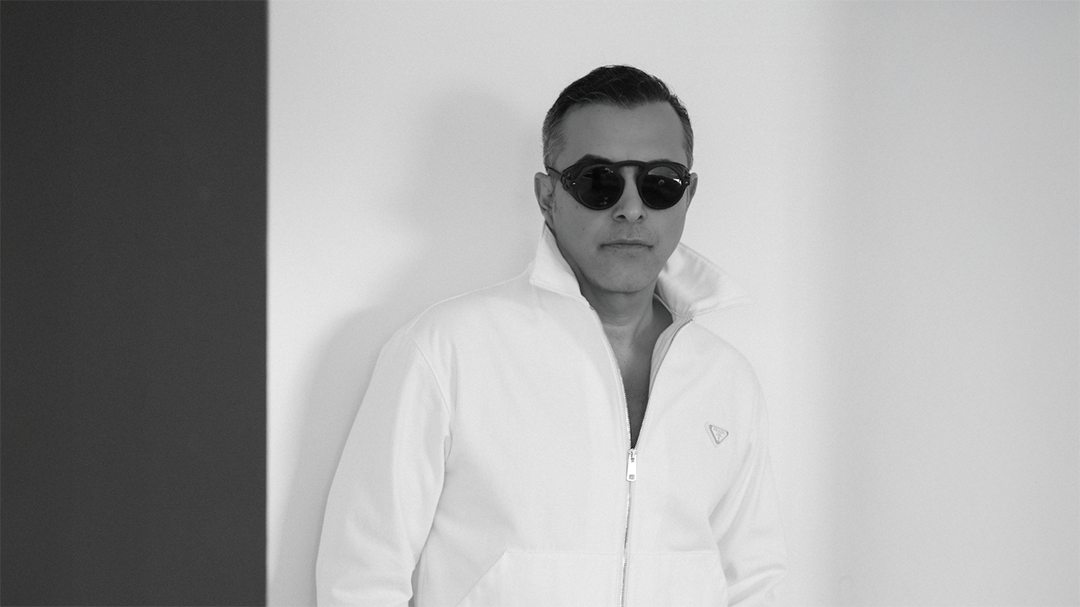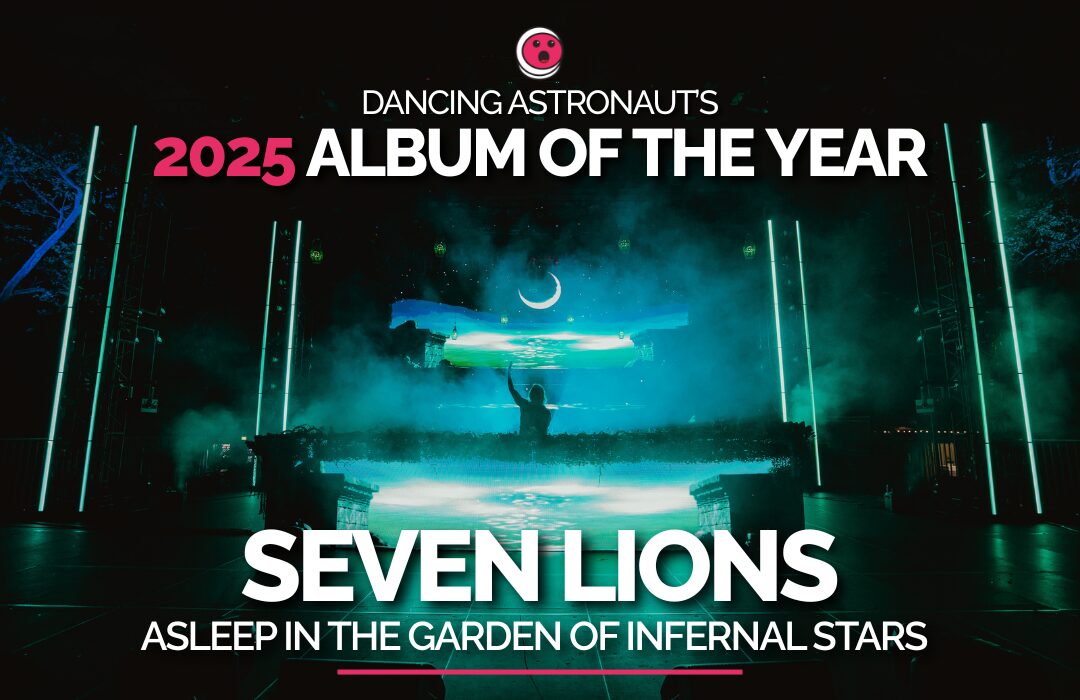Lust, Gluttony, Envy, Greed, Wrath, Sloth, and Pride--the homunculi villains of Fullmetal Alchemist: Brotherhood are perhaps more famous than their Father himself, each pursuing the protagonists of the series as hidden dangers and uneasy allies. Their various demises across the series warrant differing levels of triumph and sorrow, but one thing that has always been agreed on is that the deaths of the homunculi have meaning, though that meaning is not simply irony as some have claimed.
Each death can be tied to a cardinal sin in Dante's Inferno, the classic epic poem describing the descent into Hell. The Inferno and the sins as they appear in Fullmetal Alchemist: Brotherhood are deeply entrenched in western culture so the connection is hardly a surprise. However, while most of the homunculi die in a way that fits their sin, two homunculi defy the pattern in a way that not only condemns one to an unwarranted fate but deprives the other of the chance to fulfill their true nature.
Understanding the connection to Dante's Inferno adds meaning to the mere irony in the way the homunculi die. The first homunculus to die is Lust, who many point out is killed by Roy Mustang, who is known as a womanizer. However, Lust is not merely killed by Mustang. She is turned to dust as the wind blows the pieces of her body away. Within Dante's Hell, the lustful are treated to the same fate--they are trapped in a whirlwind, never able to escape the maelstrom of their emotions. Lust's demise kicks off a string of deaths that continue the connection to The Inferno.
Envy is notorious for being the one to murder Maes Hughes, and the reveal of that fact nearly leads Roy Mustang to his own destruction in the desire for revenge. Envy ultimately rips out their Philosopher's Stone to commit suicide. However, suicide is not the symbolic part of Envy's demise. Instead, it is Envy's suffering at Mustang's hand that is important. One of the first things that Mustang does to Envy is to blow out their eyes. What about the envious in Dante's Inferno? Since they once had pleasure in seeing others suffer, they have their eyes sewn shut and sit together, ashamed of their appearance, the same as how Envy can't stand being looked at in their true form.
Sloth is an interesting sin to be explored through The Inferno and it explains his behavior in a suitable way. The supposed irony in Sloth's death is that he is killed by the Armstrong siblings, who are diligent. However, to Dante, the slothful and the wrathful are intimately connected. They both reside in a river of sludge where the wrathful are continuously fighting and the slothful lie in the swamp until a sudden rage comes upon them and they attack in a frenzy before settling back down again.
This frenzy of fighting is how Sloth puts on his sudden bursts of speed. The inability of the slothful to fight for long periods of time is what kills Sloth in the end, not the fact that he fought the Armstrongs. Tied up with Sloth is Wrath, who has sought constant conflict in his life. Wrath's death is both ironic and fitting to The Inferno as he dies so Scar may set aside his own wrathful urges. Wrath, as the manmade homunculus, is allowed to express his regret over what he became, but ultimately he was chosen to become Wrath due to his own qualities, as the wrathful end up in their eternal battle due to their own nature.
Greed is a fan favorite homunculus with his own ties to Dante's Inferno. To Dante, there are two types of greed; the first is hoarding obsessively and the second is excessive spending. In his version of Hell, these two groups push boulders back and forth at each other, a constant conflict between two sides of the same coin. Greed himself is in constant conflict between the two selves he has been but, as the Avaricious, he chooses to hoard followers. It is when Greed spends his own strength in excess to defeat Father that he dies, one personality finally triumphing over the other.
Despite these connections, two homunculi break the pattern and receive the wrong fate. Gluttony is devoured by Pride, which is a sad end, yet wrong. The gluttonous are meant to wallow in filth, much like Gluttony's insides. A fitting death would have been some sort of self-destruction so Gluttony is trapped within himself. However, if the story was going to spare a homunculus, Gluttony would be the best choice. Of course, Fullmetal Alchemist: Brotherhood is no stranger to tragic ends for children and the childish, but that is why sparing Pride is all the more perplexing when the fate of the prideful would have been much more interesting.
Pride is the oldest and most dangerous of all the homunculi and is beaten down until his true form of a baby is yanked out of his body by Edward Elric, which is supposedly fitting because Ed was once prideful. Going by Dante's Inferno, though, the path Pride truly should have taken would have been to challenge Father and be destroyed for his transgression, the same as Lucifer once challenged God. This would have placed Ed and Pride on the same side against Father for a short period of time, having Ed fight alongside the sin that led to him and his brother losing their bodies. Thematically, this would have been much more impactful as it links the sins to humanity in a way that reminds the audience that the sins are only evil in excess. So instead of having Ed defeat Pride and then giving him a second chance at life, allowing Pride to shine as Lucifer once did against God would have been a much more suitable end for the oldest and most powerful of the homunculi as Pride. Pride would not receive redemption, but his death would be glorious.
Ultimately, it would have made the most sense for all of the homunculi to die over the course of the story to chip away at the fact Father once tried to remove all those ugly human aspects from himself. However, the fact that Gluttony died at Pride's hand only for Pride to miss out on the chance to defy Father is a disappointment. Gluttony did not deserve this betrayal by his brother--though it is proper that traitors and the prideful are on the same level of Hell-- and Pride was never given the chance to truly inhabit his being. His behavior was only ever really arrogant and never pushed the boundaries into the sort of pride that befits his sin, the pride that would lead children to think they could bring their mother back to life. Pride's potential character arc was never acted upon and he ended up a loose end that earned redemption for no good reason. At that point, it would have made the most sense to simply kill at the homunculi instead of allowing Pride to live again as Selim Bradley.
About The Author

